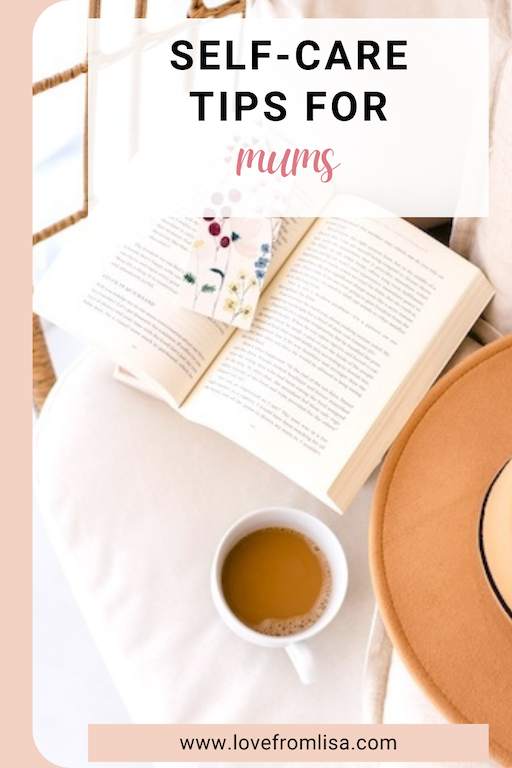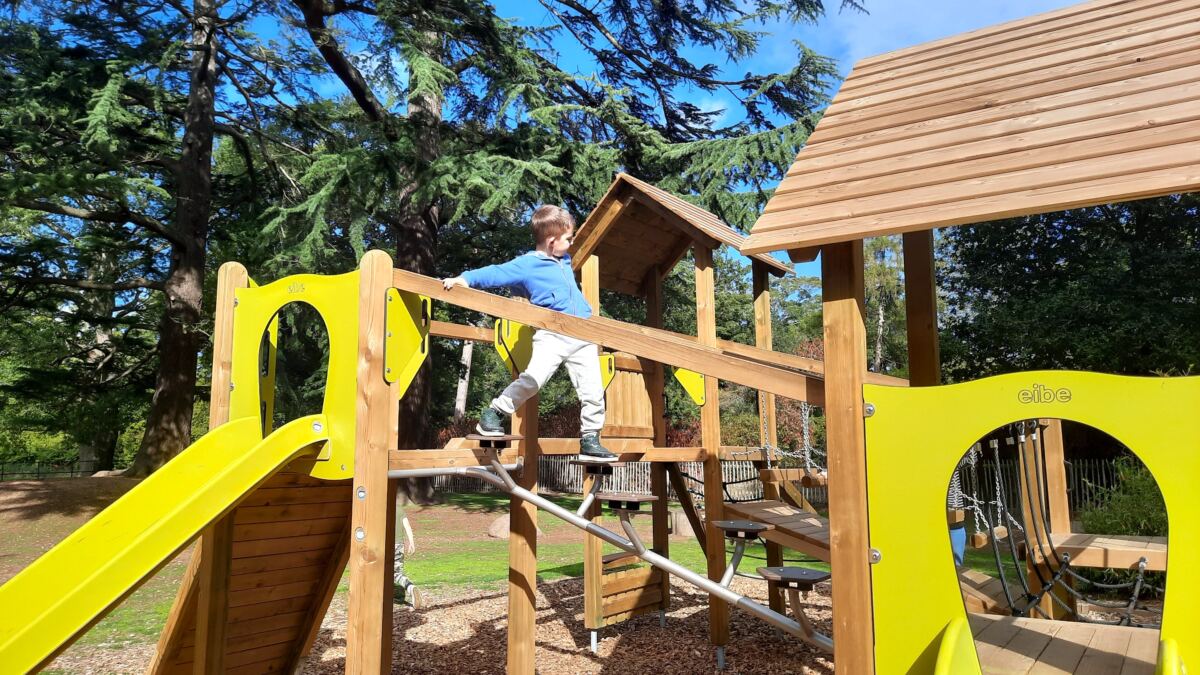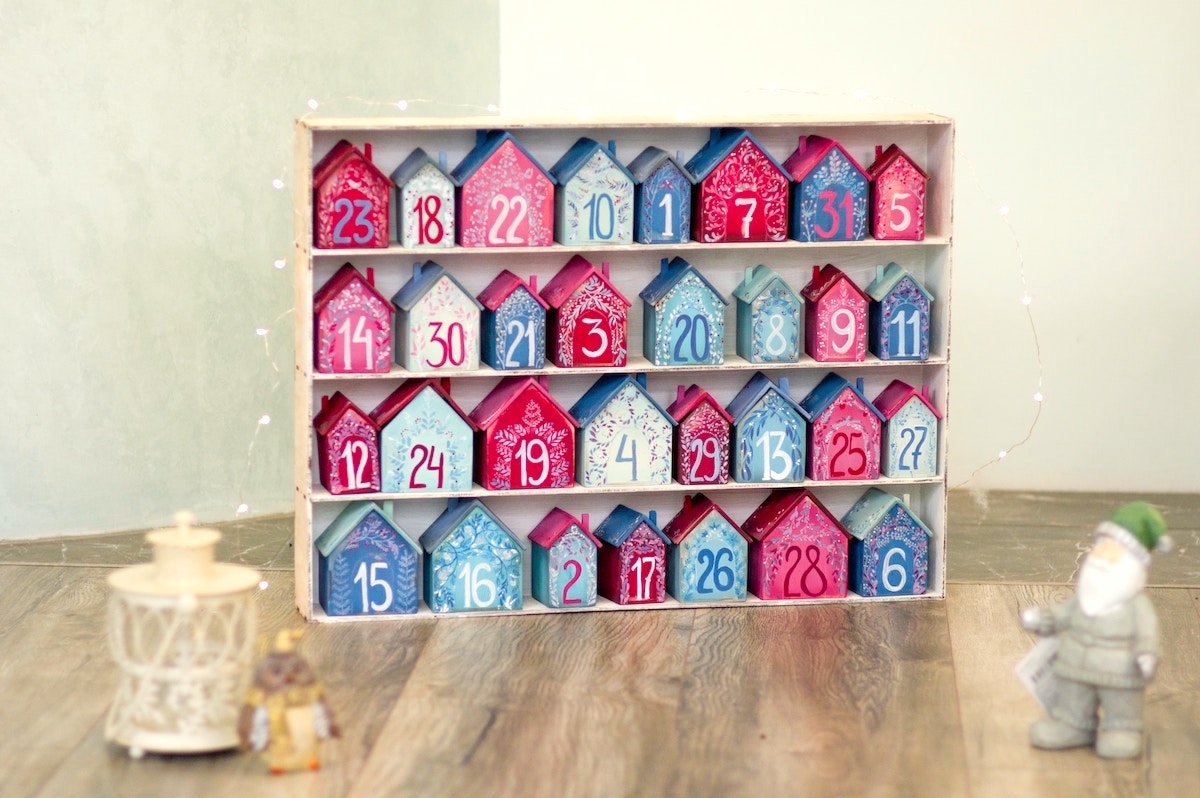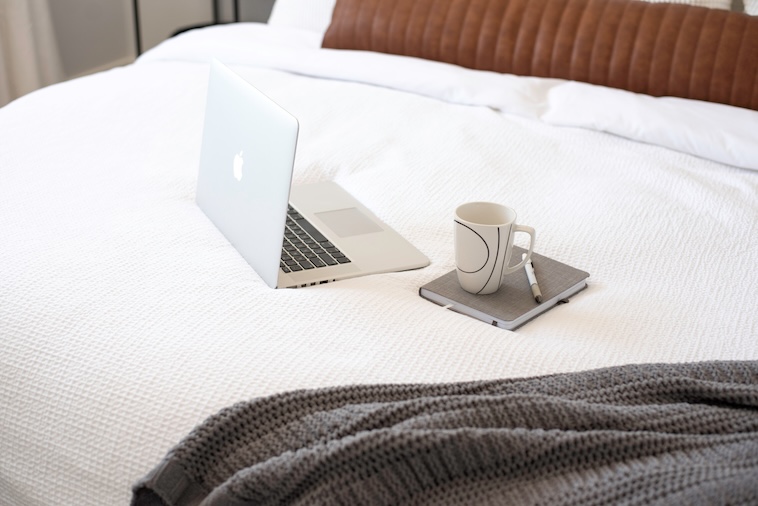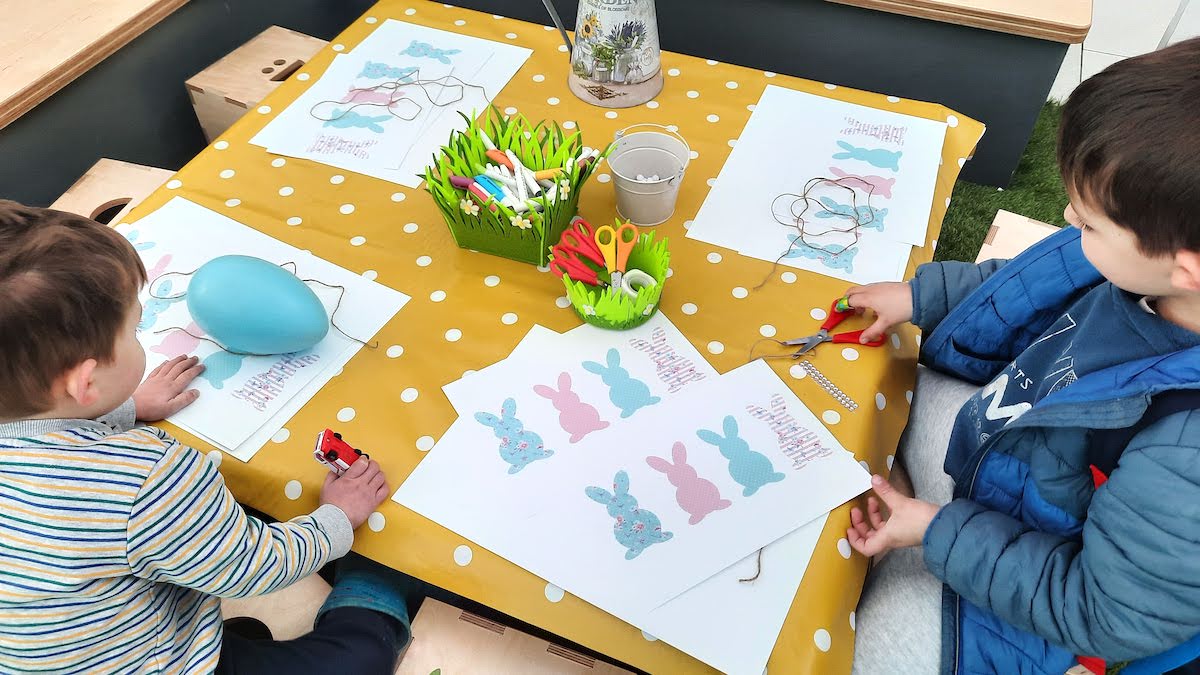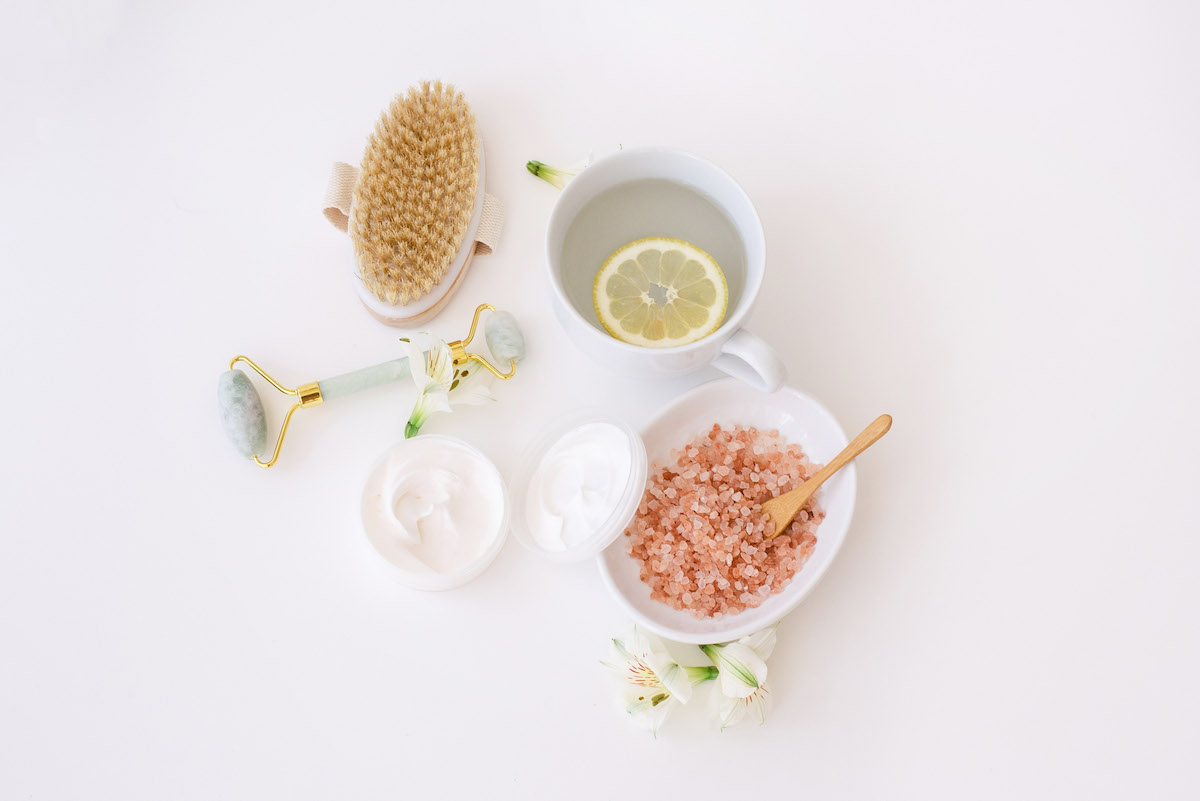Finding time for yourself: Balancing self-care and baby care

[AD] Being a new mum is a life-altering experience filled with joy, love, and an overwhelming sense of responsibility. However, during this time, finding time for yourself can be extremely challenging.
Amidst the endless cycle of feedings, nappy changes, and sleepless nights, it’s very easy to forget about one crucial person: yourself.
The importance of self-care cannot be overstated, yet it often gets pushed to the bottom of your priority list as you focus on your baby’s needs.
If finding time for yourself is something you want to start to incorporate into your daily mum life, here are some practical strategies you can try to ensure you find time for yourself, without compromising the care you provide to your little one.
As well as providing practical strategies to help you make time for self-care, this post also discuss why self-care is important, the different types of self-care, and some challenges that need to be overcome to ensure self-care happens.
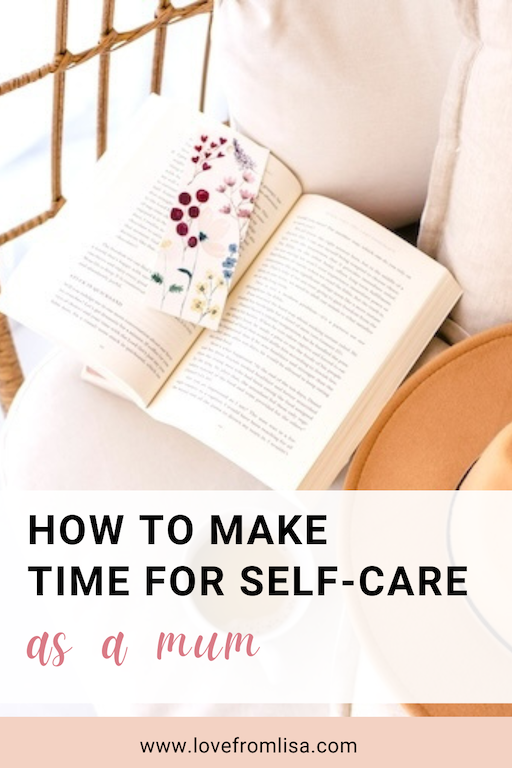
Why is self-care important?
Self-care is more than just a buzzword; it’s a vital component of your overall health and well-being, and encompasses various forms including physical, mental, and emotional self-care.
Neglecting self-care as a mum can lead to mum burnout, stress, and even postpartum depression, highlighting just how important making time for self-care is.
Physical self-care
Physical self-care includes activities that improve your physical health, such as exercise, nutrition, and sleep.
Mums often encounter sleep deprivation, making it challenging to maintain physical health.
However, incorporating activities like short walks with your baby, or gentle stretching exercises, can significantly improve your physical well-being.
Additionally, addressing postpartum discomforts is crucial. For example, finding the best hemorrhoid spray can provide much-needed relief and comfort, allowing you to focus on enjoying time with your baby.
Mental self-care
Mental self-care focuses on activities that nurture your mind, such as reading, puzzles, or engaging in a hobby.
Spending even just a few minutes a day on a mentally stimulating activity can help you to feel more balanced and focused.
Emotional self-care
Emotional self-care is recognising and honouring your feelings, which could comprise of talking to a friend, journaling, or practicing mindfulness, which can really help you manage the emotional rollercoaster that can often accompany motherhood.
The benefits of self-care for mums are immense. By taking care of yourself, you are better equipped to take care of your baby.
Increased patience, better mental health, and improved overall well-being are just a few advantages of prioritising self-care.

Challenges faced when balancing self-care and baby care
Balancing self-care with baby care is fraught with challenges, some of these include a lack of time, sleep deprivation, and feelings of mum guilt.
Additionally, societal expectations and pressures can exacerbate these challenges, making mums feel like they must do it all.
Lack of time
Time is a precious commodity for mums, but for new mums finding time for yourself between feeding, changing, and soothing your baby seems impossible, which luckily effective time management can help with when carving out moments for self-care.
Sleep deprivation
Sleep deprivation is one of the most significant challenges new mums face, as a constant need to attend to your baby’s needs can leave you feeling exhausted and overwhelmed.
Prioritising sleep whenever possible is crucial, even if it means letting some household tasks slide.
Mum guilt
Many mums experience mum guilt when taking time for themselves.
Society often glorifies the self-sacrificing mum, but it’s important to remember that self-care is not selfish.
Taking time for yourself ultimately benefits you and your baby, by ensuring that you feel your best.
Societal expectations
Societal expectations can make mums feel like they must be perfect. The pressure to have it all together can lead to stress and burnout.
It’s essential to recognise that no mum is perfect, and asking for help is okay.
Personal anecdotes and expert quotes can provide a deeper understanding of these challenges. For example, Dr. Jane Smith, a pediatrician and mother of three, shares:
“Balancing self-care with baby care is tough, but it’s crucial. Remember, a well-cared-for parent is a well-cared-for baby.”

Practical strategies to make time for self-care
Finding time for self-care as a mum requires creativity and flexibility. Here are some practical strategies to help you incorporate self-care into your daily routine.
Maximise your time
Creating a flexible yet structured daily routine can help you to maximise the time you have, which can be achieved by prioritising tasks and delegating where possible.
For example, meal planning during your baby’s nap, writing a daily to do list, or finding productivity tips for mums can help you to better utilise your time.
Practice self-care during daily routines
Integrating self-care into your daily baby care routines can make it easier to find time for yourself.
You could do this by practicing mindfulness when your baby naps, or doing gentle exercises and stretches while your baby plays.
These small activities can have a significant impact on your well-being.
Use small pockets of time
Small pockets of time can be rejuvenating if used well. For example, quick relaxation techniques like deep breathing or meditation that are done during a small pocket of spare time, can help you to reset and recharge.
Similarly, engaging in enjoyable activities like reading a few pages of a book, or listening to your favorite music when you have a spare moment, can also provide a much-needed mental break.
Find physical comforts
Physical self-care also includes addressing any postpartum discomforts you might experience.
For instance, finding the best hemorrhoid spray can provide much-needed relief and comfort, allowing you to focus on enjoying time with your baby.
Small acts of self-care like this can make a significant difference in how you feel day-to-day.
Remember to be kind to yourself, and acknowledge that some days will be more challenging than others. The key is to make self-care a consistent part of your routine, no matter how small the effort.
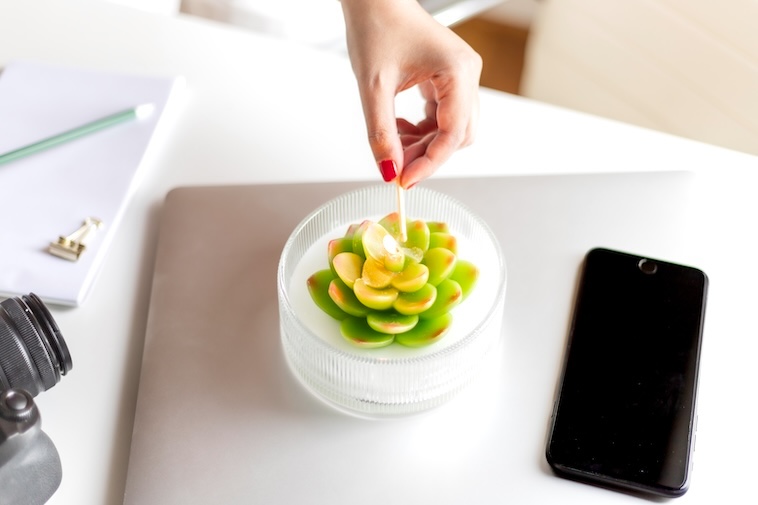
Seek help and build a support network
No one expects you to do everything on your own. Seeking help and building a support network can make a world of difference in balancing self-care with baby care.
Seeking help from others is not a sign of weakness, it’s a sign of strength, and can be done by identifying reliable family members and friends who can watch your baby while you take a much-needed break.
You can also consider looking at professional support options like hiring a babysitter or nanny, so you can make time and space for self-care, as well as considering postpartum doulas, who offer valuable support during the early stages of motherhood.
The importance of co-parenting
Effective co-parenting is crucial in sharing responsibilities, and can be done by communicating your needs and expectations with your partner and scheduling individual downtime for both parents, ensuring that each of you has the opportunity to recharge.
If family and friend support isn’t an option for you, or is challenging, building a support network can also include finding local parenting groups, and online communities, who provide resources and support.
Connecting with other parents who are going through similar experiences can be incredibly comforting and helpful.
Overcoming mum guilt and setting realistic expectations
Mum guilt is a common emotion for new mums, and in fact mums at any stage of their motherhood journey, especially when it comes to self-care.
However, it’s essential to overcome any feelings of mum guilt, and set realistic expectations for yourself.
You can do this by:
Addressing mum guilt
Self-care is not selfish; it’s necessary. Reframe self-care as an act of love for your baby as well as yourself, as a well-rested and happy mum is better equipped to care for their child.
Acknowledge your feelings of mum guilt, but don’t let it dictate your actions.
Setting realistic expectations
Accept that self-care might look different during different phases of your mum life.
Some days self-care might mean a long, relaxing bath; other days it might mean a quick shower. Celebrate small victories and incremental progress, and don’t be too hard on yourself.
Remember, perfection is an illusion. Strive for balance rather than perfection. Focus on what you can do, not on what you can’t.

Create a personalised self-care plan
Creating a personalised self-care plan can help you stay committed to your well-being, and can be achieved by:
Assessing your current self-care habits
Assess your current self-care habits, identify what’s missing, and think about any self-care activities that make you feel good that you want to incorporate into your daily routine.
Set achievable goals and milestones for your self-care plan, which means beginning with small, manageable steps, and gradually increasing your efforts as you become more comfortable with the self-care activities you’ve chosen to do.
Incorporate different activities
Incorporate a mix of self-care activities that nourish your body, mind, and soul.
This could include mixing physical activities like exercise, with mental activities like reading, and emotional activities like journaling.
Regularly revisit and adjust your plan
Your self-care needs may change over time, so it’s essential to regularly revisit and adjust your plan as needed.
This can involve tracking how well your chosen self-care activities meet your needs, and making necessary changes to the types of self-care activities you’ve chosen if needed.
You may also like to seek feedback from your support network or professionals to ensure your plan remains effective.

Finding time for yourself – a recap
Balancing self-care with baby care is undoubtedly challenging, but possible.
Self-care is a vital component of your overall health and well-being, and when practiced, helps you to better meet not only your baby’s needs, but your own.
Different types of self-care that you can include in your day to day mum life are physical, mental, and emotional self-care, which when practiced will help increase your overall mental health.
There are some challenges to overcome when making time for self-care as a mum, which include a lack of time and sleep, feelings of guilt towards doing something for yourself, and of course societal pressures mums feel for having to do everything perfectly.
However, there are some practical tips that you can try to ensure you make time for self-care every day, which include:
- Doing self-care activities during naptimes, or other times your baby doesn’t need you
- Creating routines and structure in your day so you can make time for self-care
- Using small pockets of time, or unexpected spare time, to do something for yourself
- Finding pain relief or other physical comforts that help you to feel physically well enough to do things you enjoy
- Seeking help from family and friends
- Building a support network, which can include local parenting groups, or online communities
- Seeking professional help like hiring a babysitter, nanny, or postpartum doulas
- Ensuring you effectively co-parent, and that all parents get a break when needed
- Remembering that self-care isn’t selfish
- Finding self-care activities that you have time for
- Creating a plan for how you want self-care to look like, and refining your plan as the stage of motherhood you’re in changes
Self-care is a continuous journey that requires flexibility, patience, and self-compassion.
Prioritising self-care means not only taking care of yourself, but also setting a positive example for your child.
Embrace self-care unapologetically, take the time you need and deserve. Your well-being is crucial, and a well-cared-for mum is the best gift you can give to your baby.
What types of self-care activities do you do, or would like to start?
Like this post? Share it with others on Pinterest – Thank you!
